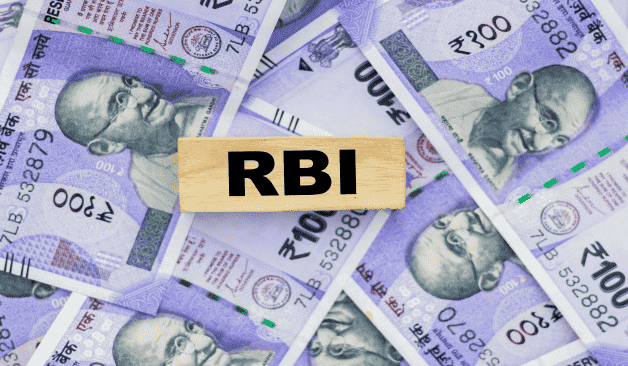
RBI announces measures to help borrowers: All you need to know
In the last week of October, the Reserve Bank of India (RBI) released the framework for compensation to customers for delayed updation or rectification of credit information by Credit Institutions (CIs) and Credit Information Companies (CICs).
Before we get into the details of the framework, it is crucial to understand CIs and CICs. Once you understand these terms, we will discuss what these announcements mean for you. Also, how these measures from the central bank will benefit you?
Understanding Credit Institutions
Credit Institutions (CIs) are financial organizations or institutions that primarily engage in providing financial services related to credit and lending. They play a crucial role in the financial system by accepting deposits from individuals and entities and then using those funds to extend credit to borrowers. These institutions facilitate the flow of funds in the economy and help meet the financial needs of individuals, businesses, and governments.
Understanding Credit Information Companies
Credit Information Companies (CICs), also known as credit bureaus, are specialized agencies that collect, maintain, and provide credit-related information about individuals and businesses. Their primary role is to gather and manage credit data from various financial institutions and lenders, and then generate credit reports and scores based on this information. These reports and scores help creditors assess the creditworthiness of individuals and businesses when making lending decisions.
CICs also calculate credit scores which are numerical representations of an individual's creditworthiness. These scores help lenders quickly assess the risk associated with extending credit to a particular borrower.
RBI's latest guidelines and impact on Lenders
As per the latest circular, by March/April 2024, credit bureaus will send SMS or Email alerts to customers when their credit information report is accessed by any financial institution, like a bank when they apply for a loan or a credit card. As an individual, you will only receive these alerts if you have updated your email address/ mobile number.
Once the system is activated, it will help individuals like you. Let us say someone tries to use your credentials (PAN, Aadhar) to open an account, you will receive an update immediately (real-time) and take the required action.
The only important point is that you must have your phone number (email) updated in the system. RBI has also told credit institutions to organize awareness campaigns and make customers aware of the benefits of making these updates.
Other Updates
Here are other updates from the circular:
Update 1: If you make a default (miss an EMI), the same is updated by your bank to credit bureaus. You are not in the loop in the current structure. However, now, credit institutions have to send alerts to you via SMS/ email while submitting information to credit bureaus regarding default/ Days Past Due (DPD) in existing credit facilities.
Update 2: Credit institutions shall have a dedicated nodal point/ official of contact for credit bureaus for redress of customer grievances. Details of the nodal point/ official with email ID and telephone/ mobile number shall be furnished by credit institutions to credit bureaus.
Update 3: If you make a complaint, and it is not resolved within 30 days from the date of initial filing of the complaint with credit institutions, you shall be entitled to a compensation of Rs 100 per calendar day. You may request a CIC or credit institution to update the credit information by making an appropriate correction, addition, or otherwise, and on such request, the CI or CIC shall take steps to update the credit information within thirty (30) days after being requested to do so.
Update 4: The compensation amount shall be credited to the bank account of the person making the complaint within five working days of the complaint resolution.
Update 5: If your data correction request is rejected, the credit institution has to inform you of the reasons for the rejection of your request for data correction to help you better understand the issues in the CIR. CICs shall circulate a list of reasons for request rejection to all credit institutions. They shall use the same while communicating the rejections to the request for data correction made by customers during the grievance redress process.
Update 6: The credit information companies/ credit institutions shall make appropriate provisions in their complaint submission format (both online and offline) to enable the complainant to submit the contact details, email ID, and bank account details/ Unified Payment Interface (UPI) ID for crediting the compensation amount. The onus of providing accurate details will lie with the complainant, and the credit institutions/ credit information companies will not be held responsible for any incorrect information provided by the complainant.
To Sum Up
Erroneous credit reports and scores are not good for you, as you could be deprived of a home loan (just one example) or might have to pay much higher interest rates for no fault of yours. The current move by the RBI will ensure such these does not happen. If they do, you are informed about the same and can take appropriate actions to get it corrected.










